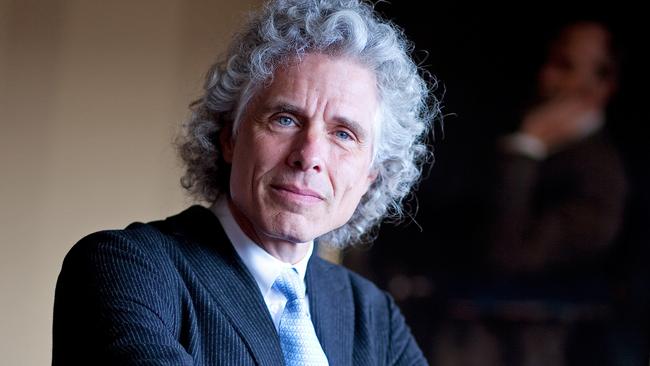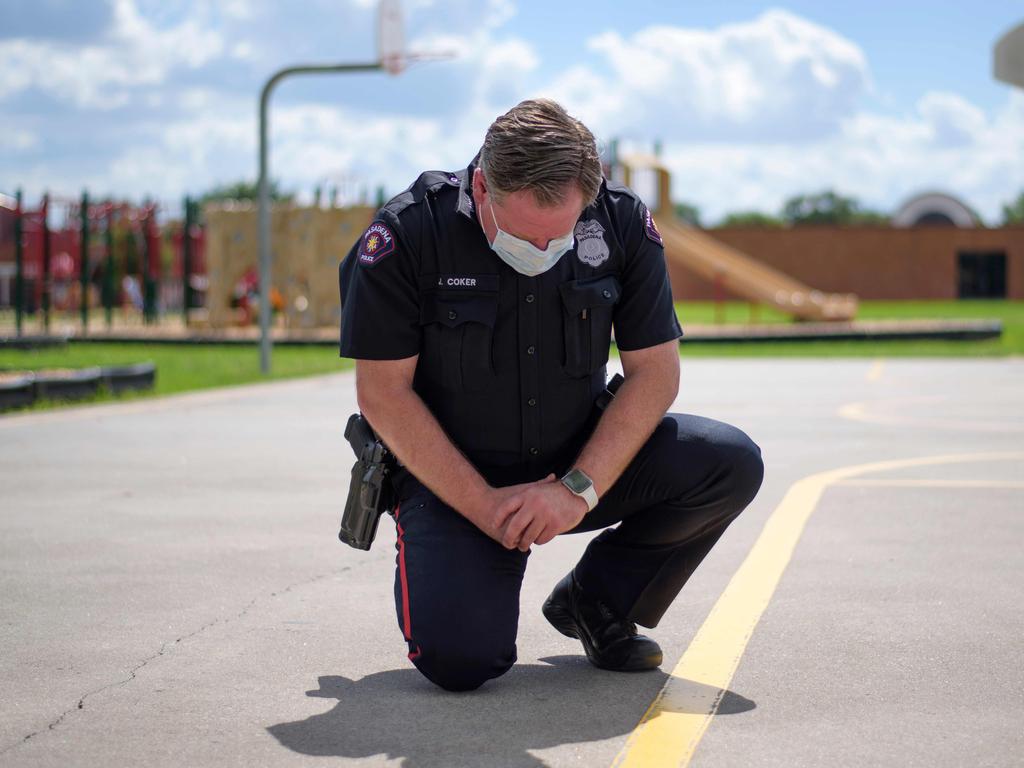Steven Pinker: I had to speak out over Orwellian cancel culture
Steven Pinker, the bestselling author, claims he is the target of an ‘Orwellian’ attack on his reputation that wants to cancel him.

Steven Pinker, the Harvard psychology professor and bestselling author, who was one of the signatories of the letter to Harper’s protesting against a climate of intolerance, has claimed he is the target of an “Orwellian” attack on his reputation.
The professor, whose books, including The Blank Slate and The Better Angels of Our Nature, have made him one of America’s leading public intellectuals, was the focus of a letter this week from more than 500 academics calling for his fellowship to be rescinded at the Linguistics Society of America. Citing half a dozen tweets posted by Pinker in the past few years, the letter accused him of a willingness to “dismiss and downplay racist violence”.
The authors of the letter said that they did not wish to “cancel” Pinker, a claim he says is “completely disingenuous [and] denying the obvious. They know that that is not a good thing to do, but that’s exactly what they were trying to do.”
The letter accused him of a pattern of “drowning out the voices of people suffering from racist and sexist violence,” a claim he rejects.
Steven Pinker interview on freedom of expression, Enlightenment ideals, and more, on the UK site UnHerd. https://t.co/tpjuTpHQVY via @YouTube
— Steven Pinker (@sapinker) July 8, 2020
“It’s utterly ludicrous, it’s Orwellian and reveals the mindset that there has to be utter conformity and unanimity, and that even broaching a difference of opinion is treated as ‘drowning out’,” he tells me by telephone. “This is one of the examples of the kind of Orwellian language that has infused the cancel culture where disagreeing is called punching down or silencing or drowning out. It’s a warped mindset, but it’s becoming common.”
He says that a favourite tactic is to accuse those with a different view of “dog whistling” even when there is clearly no intention of saying something offensive. “It means that it doesn’t matter what anyone says, you can always accuse them of having dog whistles of your own invention.”
One of the charges against him involved his tweet about a New York Times article from 2015 about whether or not police are more likely to kill black people during an encounter. “The data seems to suggest that there is racial bias in harassment by police – in frisking and arrests – but not in shootings,” he says. “However, that clashes with the narratives that police shootings are a result of racism. It was considered an outrage to cite that article.”
These are invariably the same people who would deny, with a straight face, that there's a problem of PC orthodoxy in academia. And then go on to sign this kind of execrable open letter by the hundreds, trying to "cancel" a colleague for thought crimes. I stand by @sapinker. https://t.co/Fx18pVrrP5
— Maarten Boudry (@mboudry) July 4, 2020
He had already agreed to be one of 152 signatories of an open letter to Harper’s protesting cancel culture before the letter attacking him was released, as he feels very strongly about the issues it tackles.
“It’s important that there be a public voice, a focal point to break what is sometimes called a spiral of silence. A large number of people have been appalled at the firings, the cancellations and the state of oppression, but in an atmosphere in which you can be cancelled for protesting a cancellation it’s quite possible for a majority of people to be silenced. A minority view can become entrenched. Breaking the spiral of silence by a conspicuous public statement can be like the little boy saying the emperor has no clothes, namely pointing something out that a large number of people believe in the first place but have been cowed into acquiescence.
“No one’s [been] murdered yet, or burned at the stake, so I wouldn’t go too far in tasteless comparisons to the Chinese cultural revolution or the European witch hunts, but in terms of the psychology and social dynamics that arise from the psychology, there are parallels. Societies can get locked into a circle of mutual, pre-emptive denunciation: you denounce lest you be denounced. You prove your bona fides, that you’re on the right side of the moral crusade, by denouncing those on the wrong side before you yourself get denounced. I don’t want to say that the criticism of journalists and academics is the same as burning a real witch, [but] some of the underlying dynamics overlap.”
He says he is secure in his academic post and is not worried about himself, but rather the effect that all this has on younger academics. “I don’t deny that it was a source of distress and anxiety, but I can handle that and if I get fewer honorary degrees going forward I’m not going to complain about that.
“The greater concern I have is really what [effect] would the repressive atmosphere have on people who are not as secure. I see that. I’ve heard from junior scholars who say, ‘Well, this is what I think, but I dare not say it. The way I’d put it is there’s an atmosphere like the Sopranos: ‘Nice career you’ve got there. It would be a real shame if something happened to it.’ ”
The Times




To join the conversation, please log in. Don't have an account? Register
Join the conversation, you are commenting as Logout